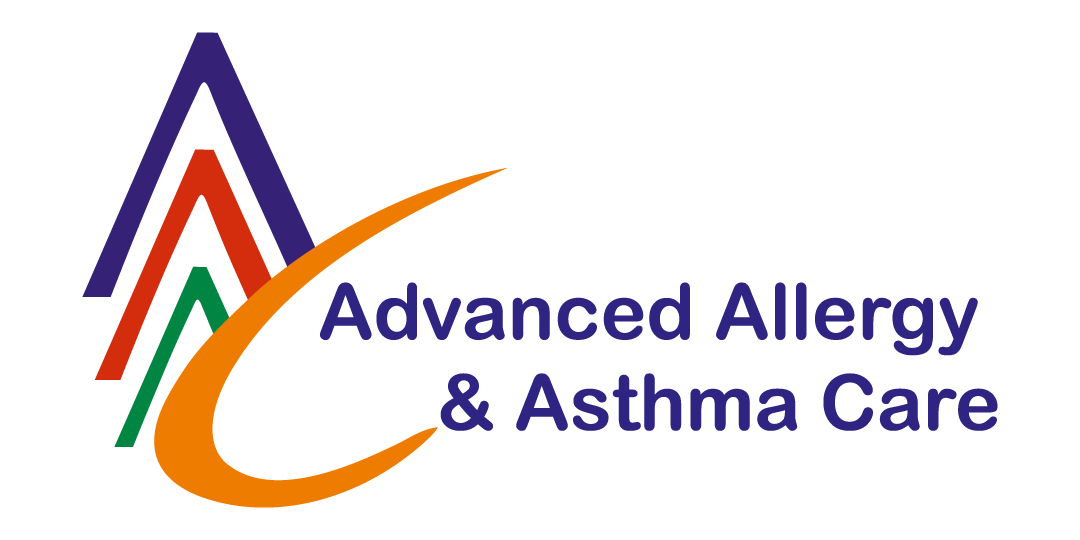IMMUNOTHERAPY (ALLERGY SHOTS)
Home > Procedures > Immunotherapy (Allergy Shots)
Free Yourself from Allergies
Discover the Power of Allergy Shots!
Allergy shots or allergen immunotherapy may be an effective treatment option for long-term relief from allergies. These shots work by desensitizing your immune system to specific allergens that cause allergic reactions. Over time, gradually exposing your body to small amounts of allergens reduces the severity of your symptoms and potentially eliminates them.
The primary goal of immunotherapy shots is to retrain your immune system to become less reactive to the substances that cause your allergies. Allergies immunotherapy treatment is safe and effective for people with allergic rhinitis, allergic asthma, insect sting allergies, and specific pet dander, dust mites, pollen, and mold allergies.

Learn More about Epinephrine Injections
Allergy Shots: Essential Pre-Appointment Information
If you're considering immunotherapy, commonly known as allergy shots, to address your allergies, you must be well-prepared for your pre-appointment. Immunotherapy for allergies is a specialized treatment that aims to desensitize your immune system to allergens, offering long-term relief from allergic symptoms. To ensure a smooth and successful experience, familiarizing yourself with essential pre-appointment information is crucial.
We will explore the necessary pre-appointment details you need to know for immunotherapy (allergy shots). Armed with this knowledge, you can approach your pre-appointment with confidence, ensuring that you are well-informed and ready to begin your immunotherapy journey toward long-term
relief from allergies.
-
What is Immunotherapy? (also known as allergy shots)
Immunotherapy (allergy shots) is a procedure that safely alleviates allergic symptoms of hay fever or asthma. It works by administering injections of substances called allergens. Some examples are:
- Mold spores
- Pollen
- Dust mites
- Animal dander
- Insects
Although the exact mechanism of its efficiency is the subject of current research, allergen immunotherapy "suppresses" allergic reactions to environmental allergens.
-
How effective are allergy shots?
Immunotherapy gradually decreases your sensitivity, but improvements are usually not noticed initially. However, the continuation of injections leads to further progress. Sensitivities to allergens are reduced with this procedure, resulting in less severe symptoms. It also reduces the need for anti-allergy drugs.
While it is unusual to achieve a total cure, most people experience significant benefits from immunotherapy. If there is no improvement after 12 months of treatment, you may discontinue immunotherapy.
Interestingly, allergy shots and asthma are more closely related than expected. If you have asthma, you may find allergy shots beneficial since allergies frequently trigger asthma symptoms.
-
How are allergy injections given and for how long?
Allergy injections are administered weekly in increasing dosages during the "build-up" phase. It typically takes 5-7 months. This process is achievable faster by receiving shots twice weekly.
Once you have reached your "maintenance" dose, the injection frequency gradually spreads to every two weeks, every three weeks, and finally, monthly injections. It is imperative to attend all appointments because skipping a session will disrupt and affect the efficacy of the process.
Once you have experienced positive outcomes for 3–5 years, you may choose to stop taking allergy injections. Although most patients tend to recover sufficiently, some may require supplementary medication. In contrast, a few others may have to restart the allergy injections to manage their symptoms in the long term.
-
What are the side effects of allergy shots?
Immediate and delayed local reactions such as inflammation, itching, or redness at the injection site typically occur. These mild reactions subside in less than a day.
Immunotherapy patients may experience significant local and generalized reactions, with occurrence rates ranging from 1–5%. These reactions can happen anytime, although they are more common during the "build-up" phase. Adverse reactions are mostly mild and often include symptoms such as redness and inflammation at the injection site, itchy nose, eyes, or throat, runny nose or nasal blockage, coughing or wheezing, chest or throat tightness, and hives or itching all over the body.
Doctors administer allergy injections in a medical facility to prevent adverse reactions. Additionally, since virtually all severe systemic reactions will develop within 30 minutes, we recommend waiting 30 minutes after every shot for observation. This procedure is for your safety. Since certain medications can increase your risk of a reaction, notify the medical staff of any prescription and nonprescription drugs you are taking. Inform your doctor if you become pregnant or suspect that you are pregnant.

